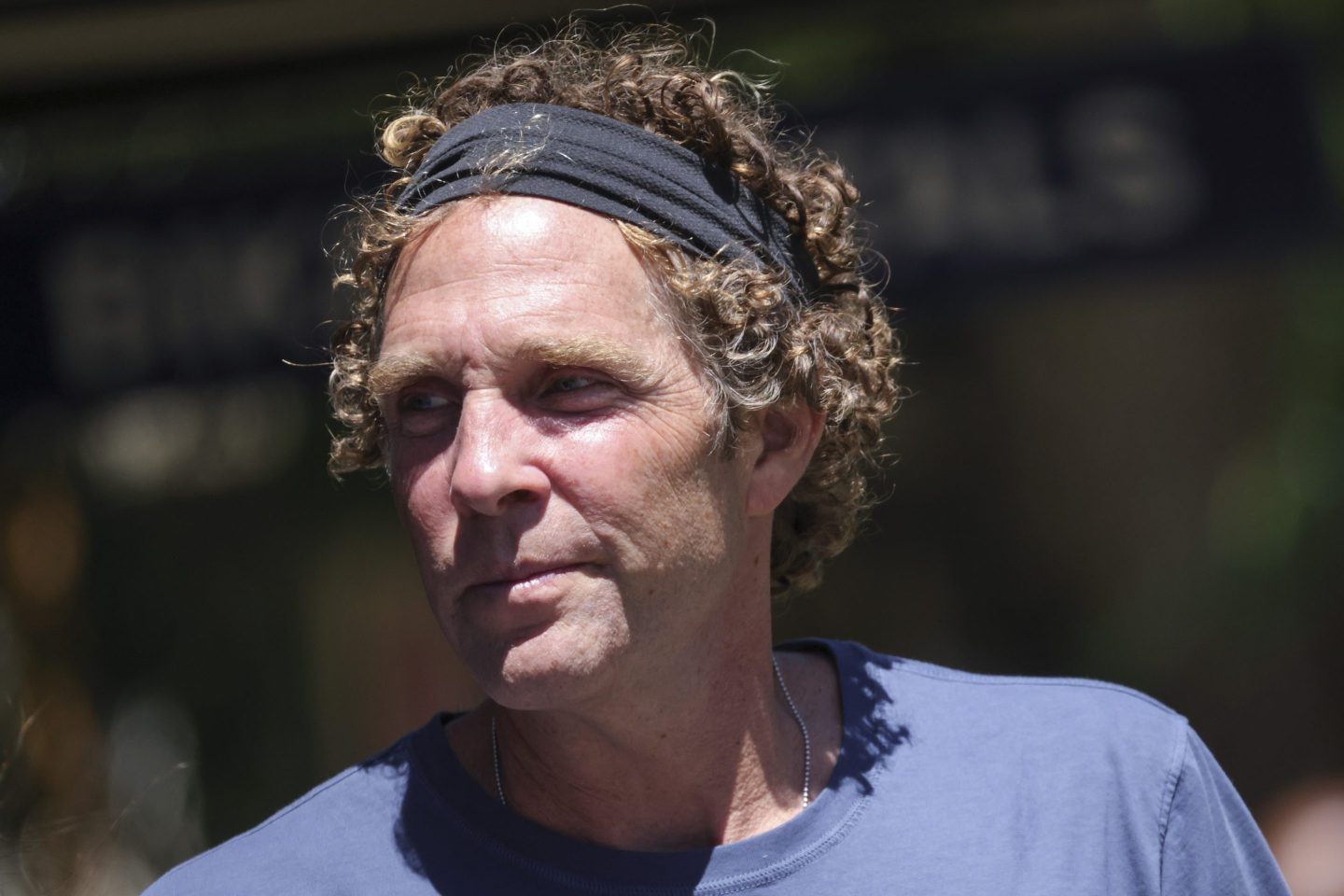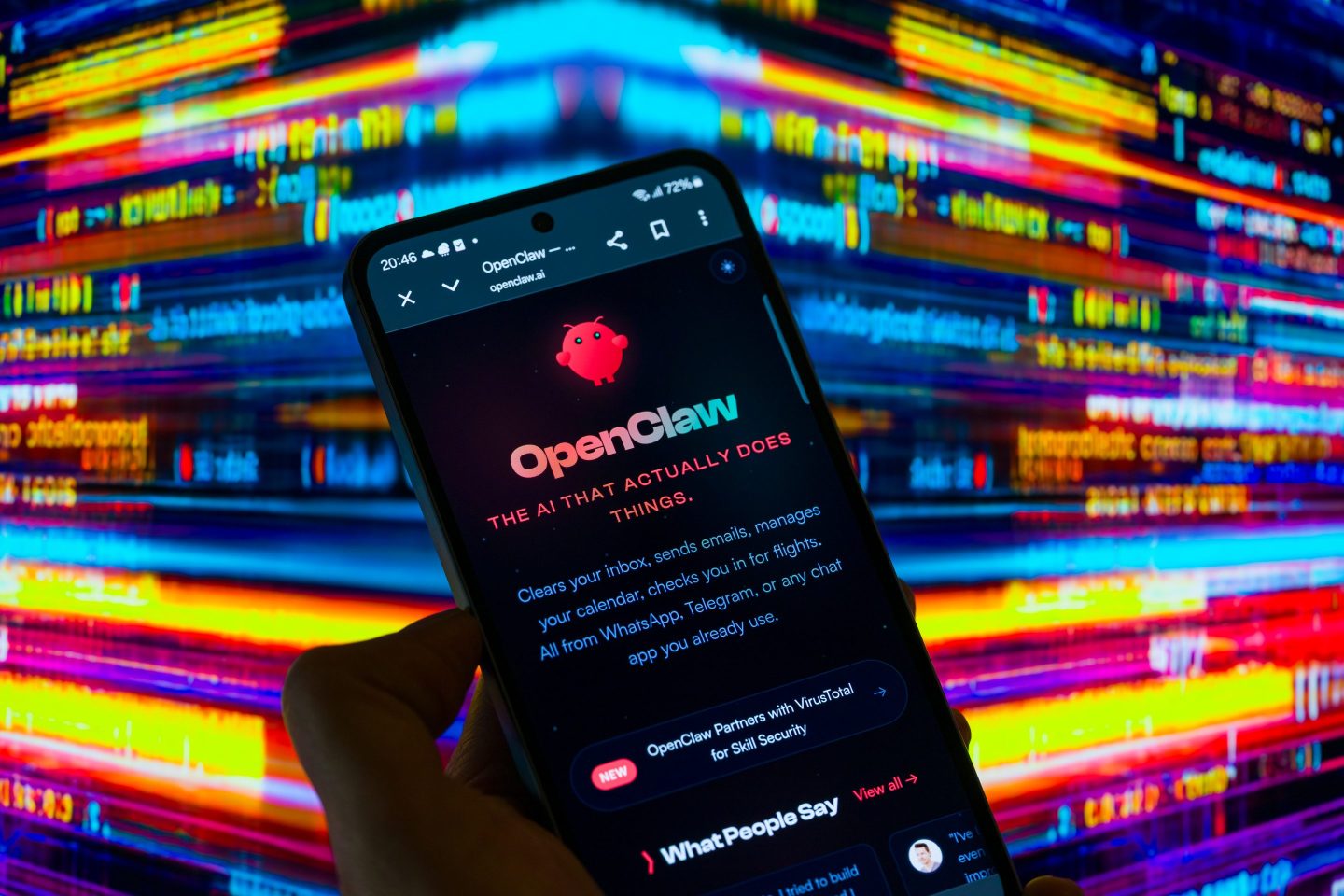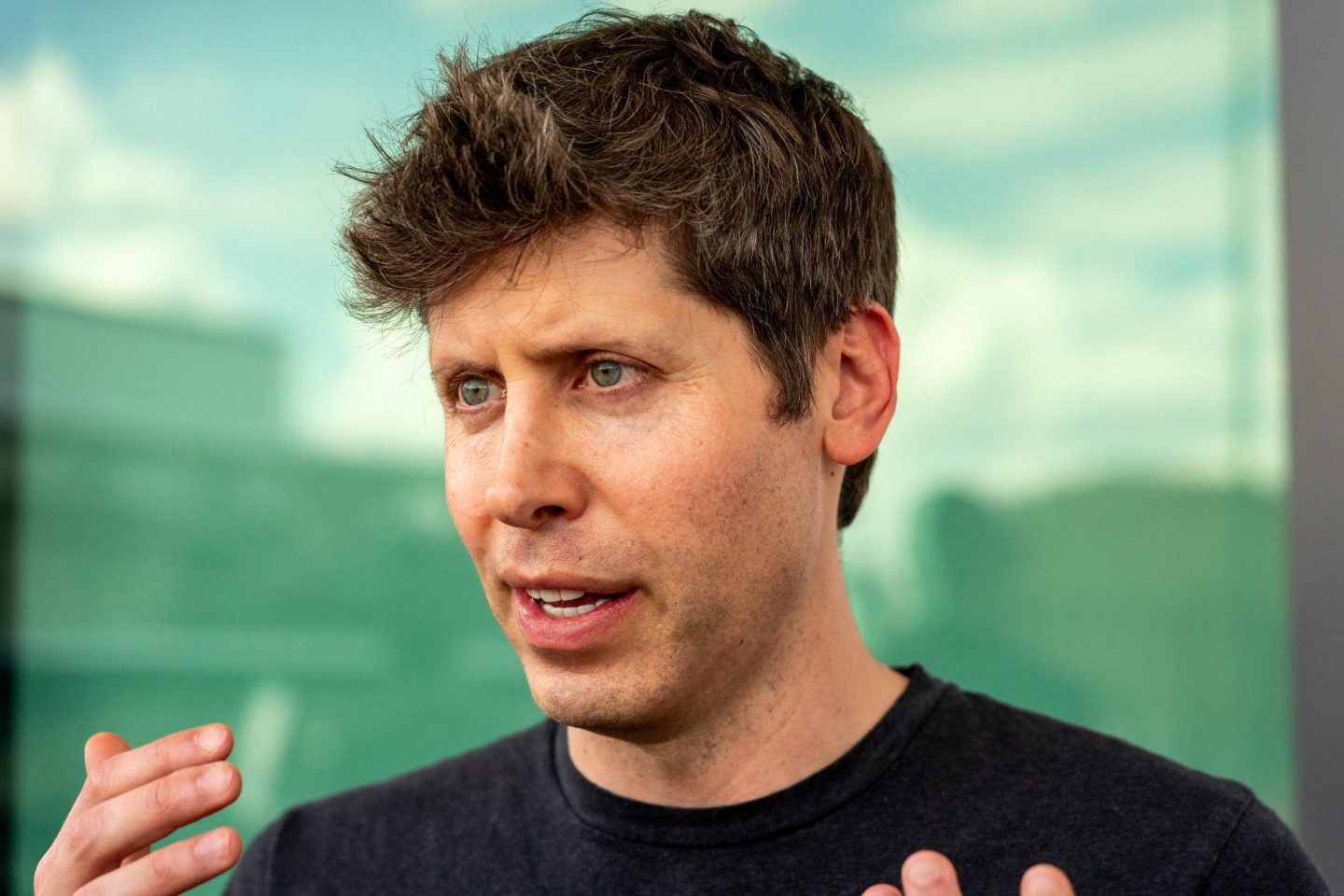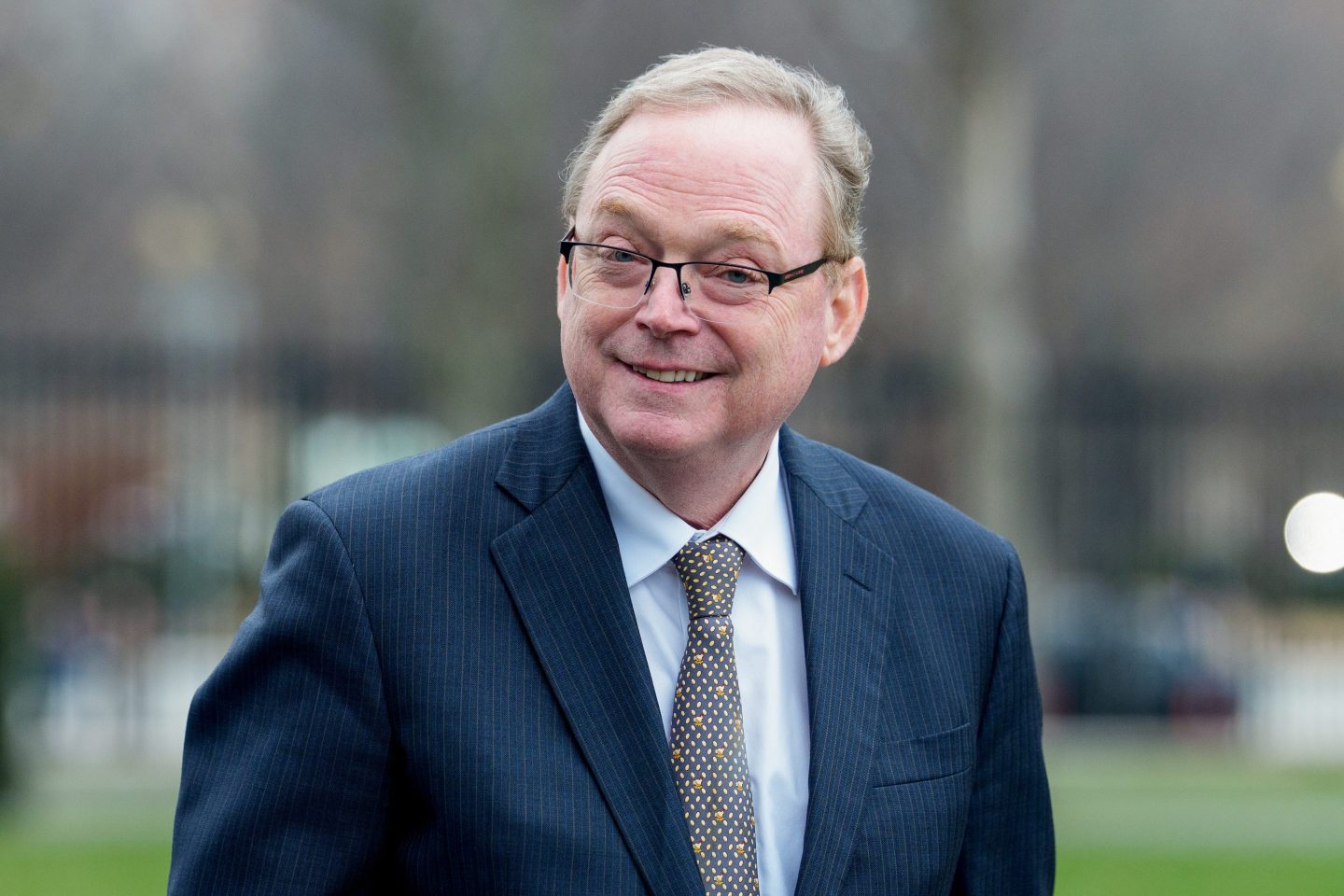In today’s uneasy job market and stubborn inflation, escaping a dead-end job can feel impossible. The dream of doing something meaningful—or even just something better—can start to fade, and it’s a feeling Jesse Itzler knows well.
Long before becoming a multimillionaire serial entrepreneur, Itzler was cleaning meat trucks for $7 an hour and working summers as a kiddie pool attendant. He even tried, unsuccessfully, to make it as a rapper.
But Itzler realized early on that one opportunity, if seized, can change everything. Years later, when he came up with the idea to start a private jet company, he knew he needed a single client to make it real.
So he showed up outside a TED conference in Silicon Valley and noticed a steady wave of attendees stopping by the local coffee shop. The next morning, he was there at 5 a.m.—and bought every muffin in the place.
“Hey, I’ve got an extra muffin if you’d like one,” he’d offer to conference goers.
The small yet bold act helped him make the right introductions, land his first clients, and eventually grow Marquis Jet to more than $5 billion in sales. He sold the company to Warren Buffett’s Berkshire Hathaway in 2010 for an undisclosed amount.
“Sometimes you’re just one move away from changing your life,” Itzler wrote on his LinkedIn earlier this year. “Not one business plan. Not one investor. One creative idea. One right conversation. One bold move. The universe doesn’t reward perfect plans. It rewards action.”
And while he admitted that not everyone can build a billion-dollar business, the gap between where you are today and what you could be is smaller than it seems: “Stay consistent and take a small step every day.”
Itzler’s message to Gen Z: forget the ‘safe path’—unless you want to age fast
Itzler’s muffin bet could have easily flopped, leaving him with nothing but a pile of pastries and a bruised ego. But it didn’t, and that willingness to take smart risks, he said, is what often separates those who find purpose versus those who just show up for the paycheck.
“Right after college, I saw friends dive headfirst into the workforce,” Itzler recalled in a LinkedIn post last week. “Work, work, work. No travel. No experiments. No exploration. Just straight into the grind. And before they knew it? They aged fast.”
Now in his 50s, Itzler said he’s seen too many people chase the so-called “safe” path—the steady job, the predictable promotion—only to find themselves stuck and burned out. His advice, especially for Gen Z, is to resist what seems easy.
“The best investment you can make in your 20s isn’t just a career,” he wrote. “It’s experience.”
And while that doesn’t mean you should recklessly call it quits on your career, he said young people should not be afraid to take a trip, try a side hustle, and say yes to an adventurous opportunity.
“Try everything,” he said. “Learn what sticks. Find what excites you. The time to explore is now.”
Fortune reached out to Itzler for further comment.
Fortune favors the bold
Having a bold attitude isn’t just a winning mindset, it’s a through line for many of today’s successful entrepreneurs.
Take Itzler’s own wife, Sara Blakely, for example.
The Spanx founder took her entire $5,000 in savings she had made from selling fax machines door to door and used it to launch her shapewear empire. But getting off the ground in the early days required her to think outside of the box, and even break a few rules. When Blakely’s product first hit Neiman Marcus department stores, she personally rearranged displays, moving Spanx from what she called the “sleepiest corner of the store” to the checkout counter.
“I always say, ask for forgiveness not permission,” she recalled to the social media account School of Hard Knocks.
Her scrappy approach didn’t stop there. Blakely rode around with a custom “SPANX” license plate, signed up for British billionaire Richard Branson’s reality TV show, and even paid her friends to go into department stores and buy her products so they wouldn’t be pulled from shelves.
Two decades later, the boldness paid off. In 2021, she sold the company for $1.2 billion—a 240,000x gain from her $5,000 investment. And because she opted to bet on herself throughout her journey, and never took outside investors, she reaped all the benefits.
Brian Chesky, the cofounder and CEO of Airbnb, shared a similar mindset of being willing to take unconventional risks.
In the company’s early days, Chesky and his cofounders struggled to attract investors to their untested idea of getting strangers to open their homes to travelers. To stand out and fund their operational costs, the team designed and sold limited-edition cereal boxes called Obama O’s and Cap’n McCain’s during the 2008 presidential election.
The move paid off. It not only helped them raise $30,000 but also caught the attention of investor Paul Graham at Y Combinator.
“Well, if you can convince people to pay $40 for $4 boxes of cereal, maybe, just maybe, you can convince strangers to live with each other,” Graham told the Airbnb cofounders, Chesky recalled.
Airbnb eventually landed a spot in Y Combinator’s startup program in 2008, awarding the company $20,000 in exchange for a 6% share—and the rest is history. Today, Airbnb is worth nearly $75 billion.













